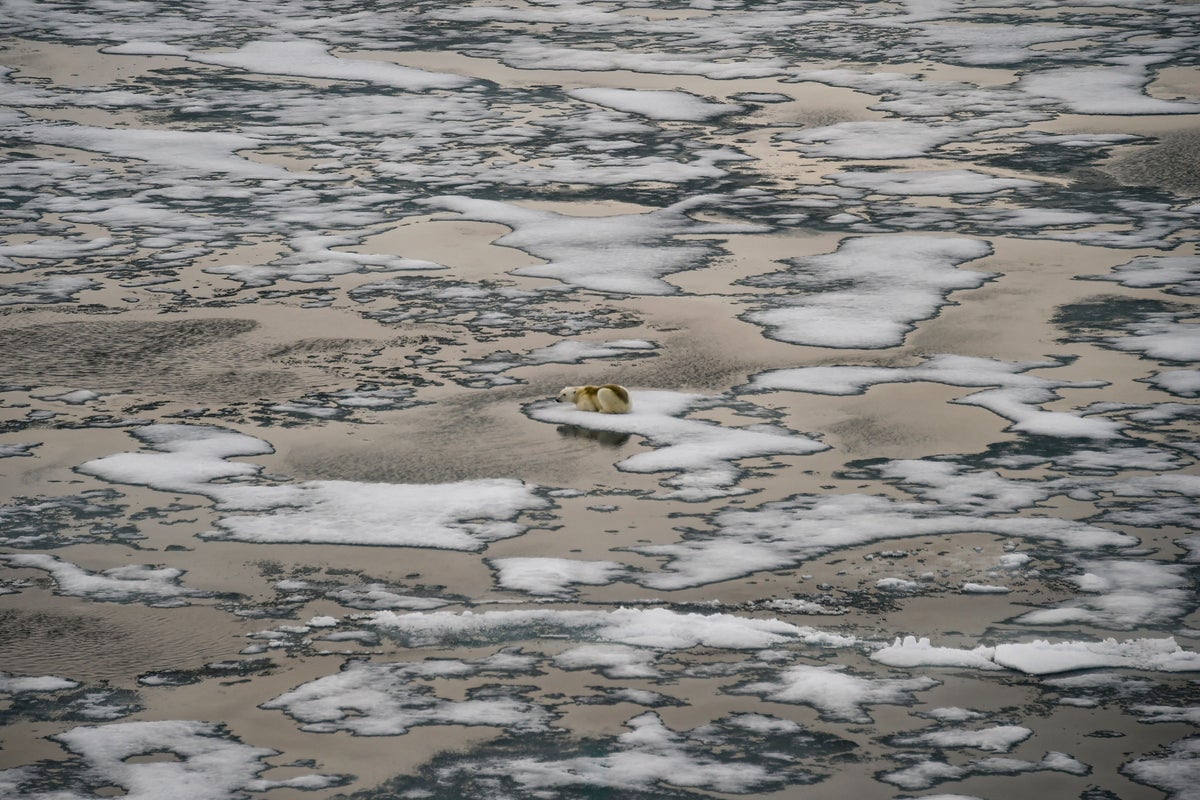- cross-posted to:
- [email protected]
- cross-posted to:
- [email protected]
Russia makes up nearly half the terrestrial Arctic, but global collaboration with researchers there has ground to a halt since the invasion of Ukraine
The Arctic is warming at a rate of about two to four times that of the global average. As polar ice caps melt and permafrost thaws, scientists are scrambling to keep tabs on the changing region and its effects on the rest of the planet. Their research often entails formidable challenges—from harsh environments to polar bears that destroy instruments—but now they face an additional obstacle: a virtual lack of data from Russia.
Russia accounts for almost half the land in the Arctic. But ever since the country invaded Ukraine, global collaborations with Russian scientists have ground to a halt, and Russian field stations have become off-limits to most foreign researchers. A study published this week in Nature Climate Change confirms that should these trends continue, scientific understanding of the changing Arctic will significantly deteriorate.
The biases in the numbers that depict the Arctic’s climate after subtracting the Russian data could be as dramatic as the effects that climate change itself is expect to cause by 2100, says lead study author Efrén López-Blanco, an Arctic ecosystem modeler at Aarhus University in Denmark. “This is another collateral damage of this conflict.”


